According to the report by MECS/Centro Studi Acimac, India – the world’s second largest tile producer and consumer country – was also impacted by the huge difficulties experienced last year, mostly relating to the energy crisis and high levels of inflation, which had serious repercussions in terms of both production and domestic consumption. Smaller and less structured companies (of which there are more than 800 in the Morbi district in Gujarat alone) were particularly hard hit.
Overall, India’s production in 2022 returned to 2020 levels of 2,300 million sqm, down 9.8% from 2,550 million sqm in 2021; the fall in consumption was even more pronounced at around 1,750 million sqm (-15.4%).
However, according to most local experts and the leading Indian producers, the difficulties of 2022 may be overcome as early as the current year, as gas prices gradually return to more acceptable levels and construction activity rebounds strongly, coupled with an extremely rapid recovery in exports.
In 2022, like every other exporting country, India too saw a decline in its exports for the first time in its “ceramic history”, with foreign sales volumes dropping from 483 to 422 million sqm (-12.7%), although it retained its position as the third largest exporter in the world.
India’s exports accounted for 15% of the world total and 18% of national production.
Like all other exporting countries, India’s exports increased in total value, reaching €۱,۷۵۹ million (+18%) according to Indian customs data. This corresponds to an increase in average selling price from €۳.۱/sqm to €۴.۲/sqm, still one of the lowest prices amongst all the major exporting countries.
The main Indian exports markets
The ranking of India’s largest export markets changed dramatically in 2022 compared to the previous year. The USA became the largest export market with an increase of 38.8% (from 20 to 28 million sqm), followed by Iraq (25.8 million sqm; -1.3%), the United Arab Emirates (25 million sqm; +8.2%) and Saudi Arabia, where the duties on Indian tile imports that were first introduced two years ago caused sales to plummet by a further 46% to 24 million sqm. The fifth largest export market was Nepal (23 million sqm; +12.5%), followed by Kuwait, Oman, Jordan, Thailand and Indonesia.
Overall, the Asian continent absorbed 55% of India’s exports (233 million sqm; -15%), Africa 17% (71.8 million sqm; -7.2%), North America (NAFTA) 10.4% (44 million sqm; -4%), the European Union 7.9% (33 million sqm; -10.4%), non-EU Europe 5.3% (22.4 million sqm; -12.8%) and South America 3.7% (15.5 million sqm; -36.6%).
The strong growth in 2023
As mentioned, this scenario is changing dramatically in 2023. According to Indian customs data, in the first half of the current year, Indian exports grew by 31.1% in volume (+24.8% in value) to 272.6 million sqm and are projected to exceed 500 million sqm for the full year.
Exports to the main markets have grown strongly: UAE (+65%), USA (+57%), Iraq (+6%), Israel (+334%), Mexico (+84%), Kuwait (+20%) and Russia (+190%). The increase in the European Union was around 60%, from 14,5 to 23 million sqm.
If this trend continues as expected in the second half of the year, India will again climb the rankings of the major exporting countries and further close the gap with China.
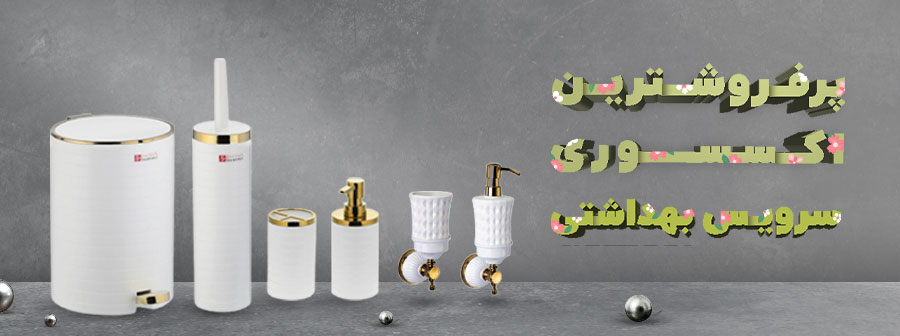
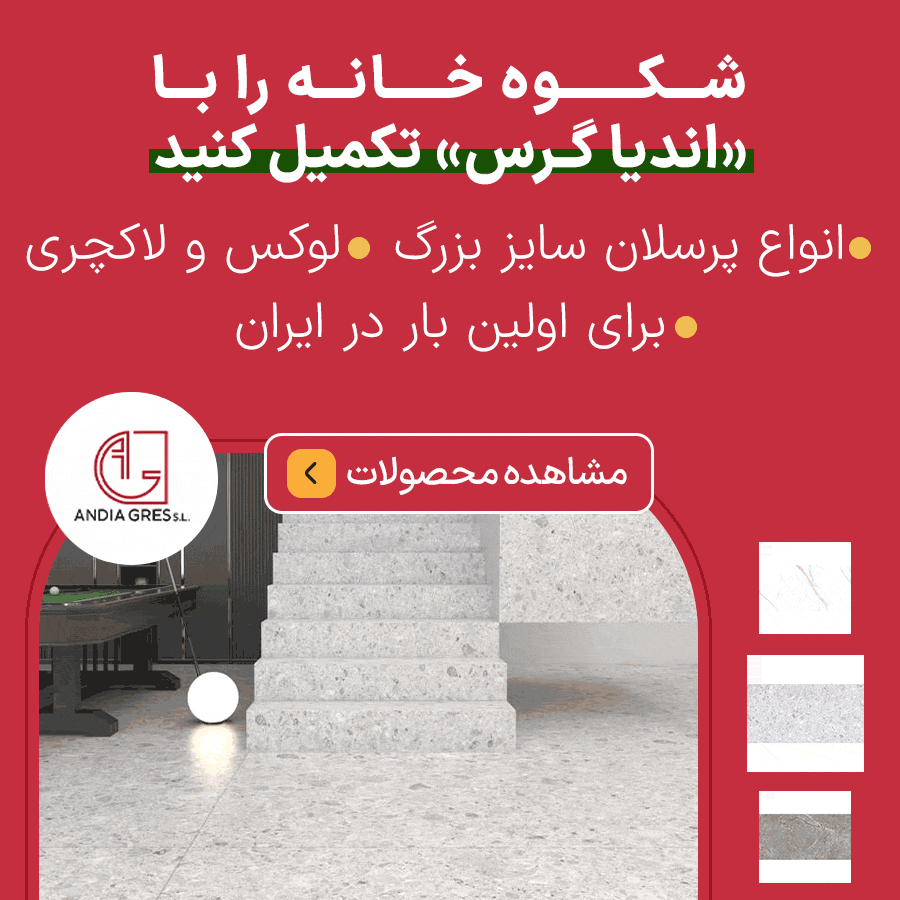
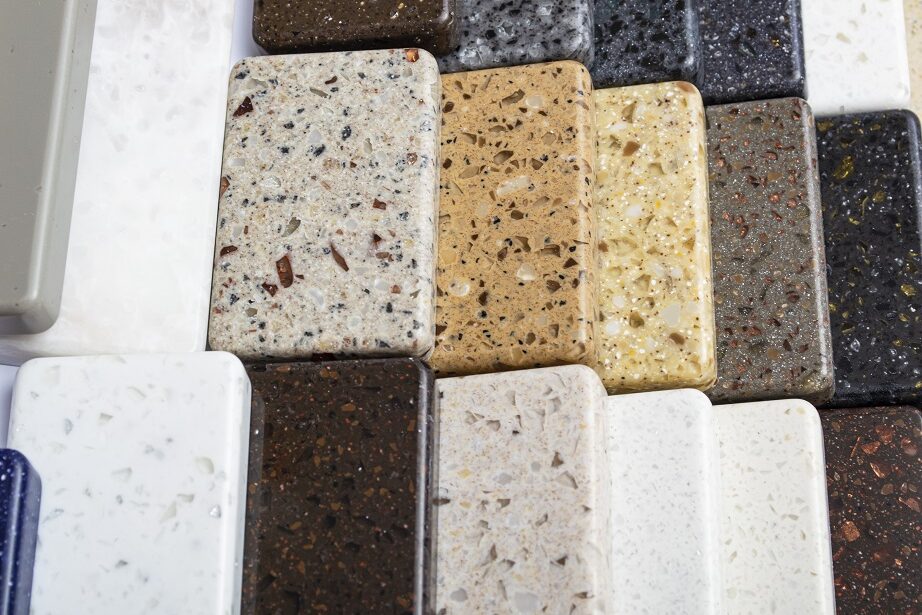
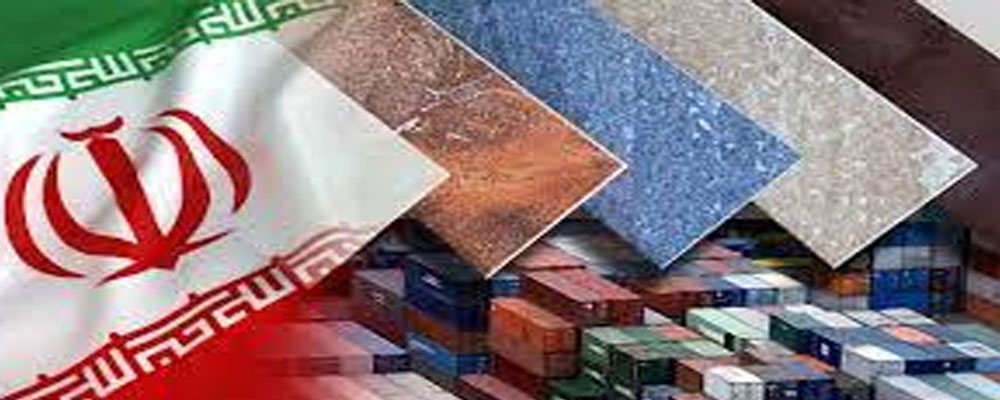
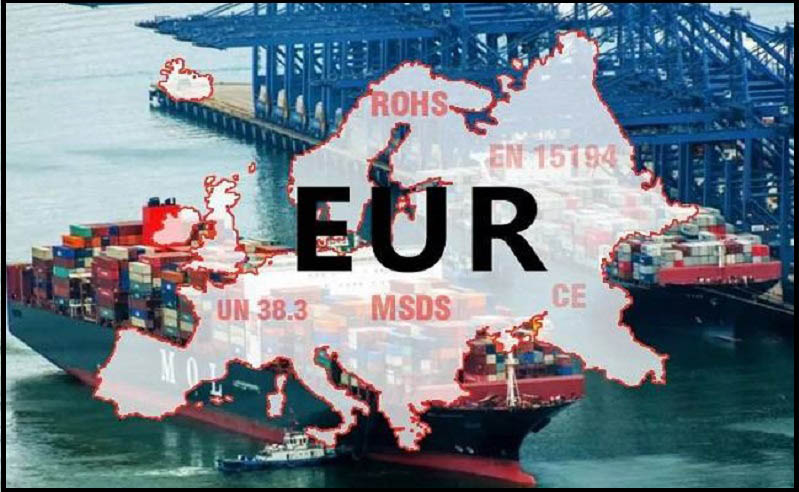
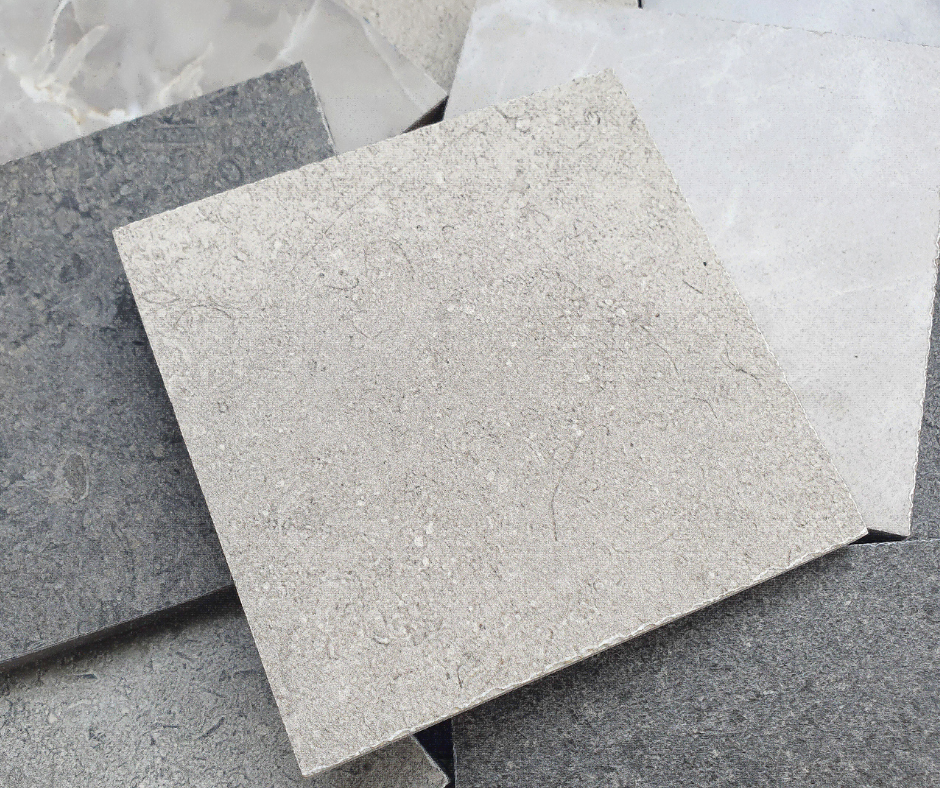
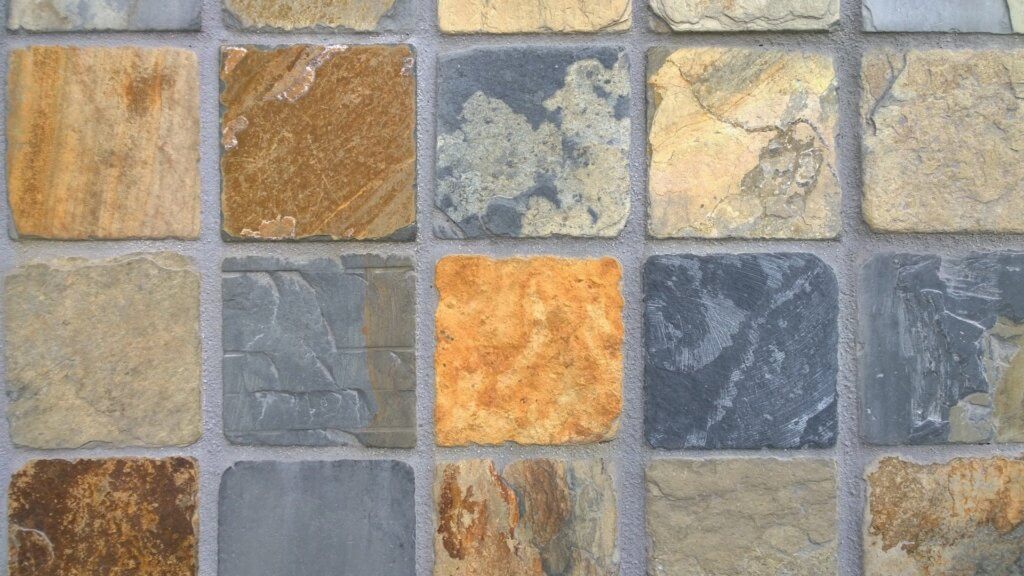
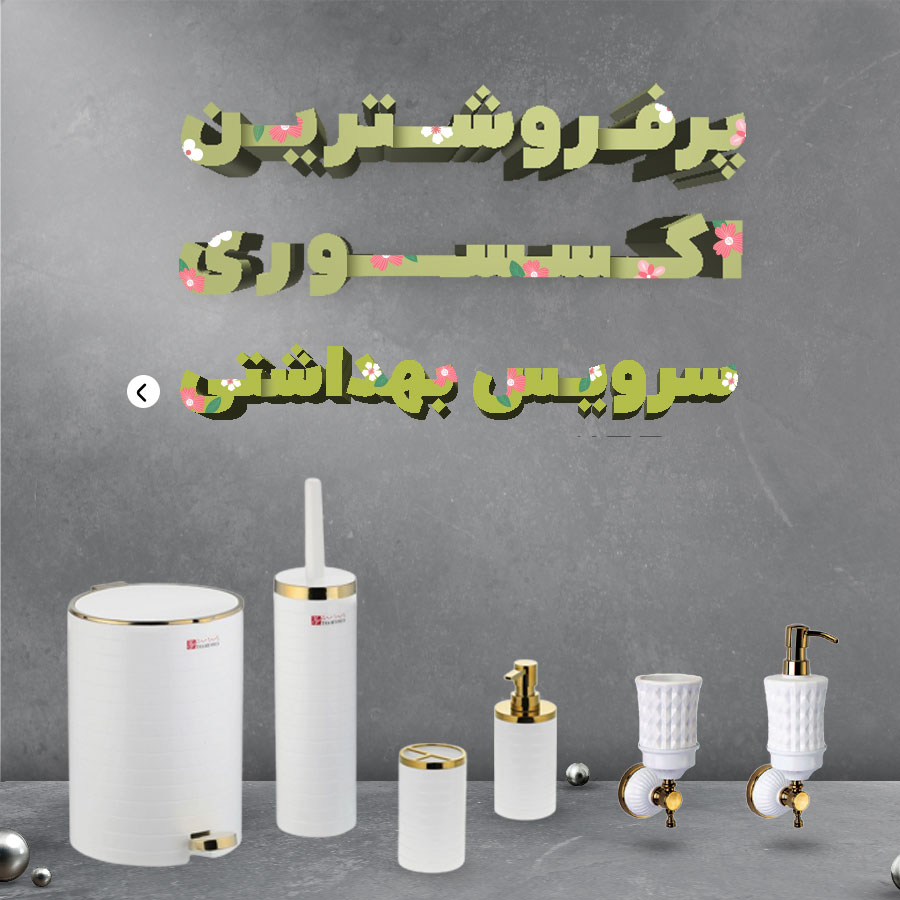

نظرات ۰